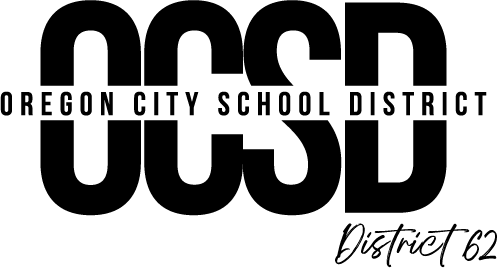Board Policy
The basic responsibility for initiating, reviewing and recommending new policies or policy modification will rest with the administration. New policies or changes in existing policy often come from a change in law or state requirements and are sent to districts for their consideration by their School Boards. Other proposed changes in policy are governed by policy BF.
The final authority and responsibility for board policy lies with the school board. Adopting Board policy is one of the most important roles of the Board.
What is Policy?
Board policies are statements which set forth the purposes and prescribe in general terms the organization and program of a school system. They are often based on law and Oregon Department of Education guidance or recommendations. They create a framework within which the superintendent and their staff can discharge their assigned duties with positive direction and clear guidance. They generally do not include detailed directions or include things such as job descriptions or internal forms and are broad enough to allow administrative discretion/specific enough to give clear guidance.
What is an Administrative Regulation?
Administrative regulations are detailed directions developed by the superintendent and their administrators to put policies into practice and enforce them. They tell how, by whom, where and when things are to be done; most are optional yet can help clarify processes.
How to Tell the Difference Between a Policy and an Administrative Regulation
Each policy (and any accompanying AR) in the manual is designated with a code located in the upper-right corner of the first page of the document and in the "code" column on each table of contents. An administrative regulation is coded with an "-AR" at the end of the policy code.
OCSD board policies are available for public view on a website hosted by the Oregon School Boards Association (OSBA).
Policy Sections
J Students
While it is advisable for board members to review all policies, they should have a good "working knowledge" of the following:
BBAA-Individual Board Member's Authority and Responsibilities
BBF-Board Member Standards of Conduct
BBFA-Board Member Ethics and Conflicts of Interest
BDDH-Public Comment at Board Meetings
BBFB-Board Member Ethics and Nepotism
